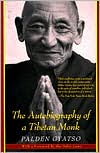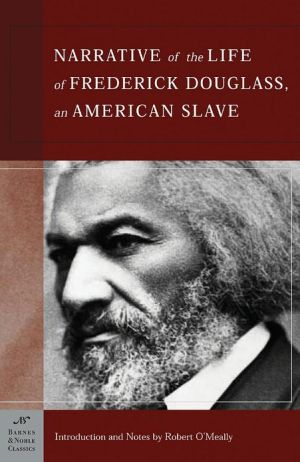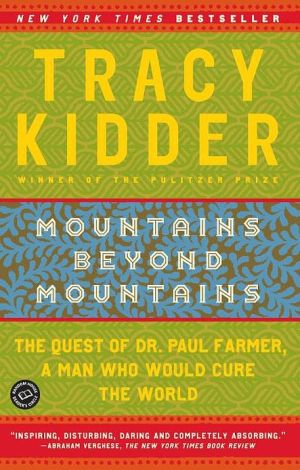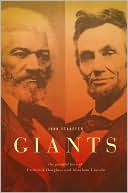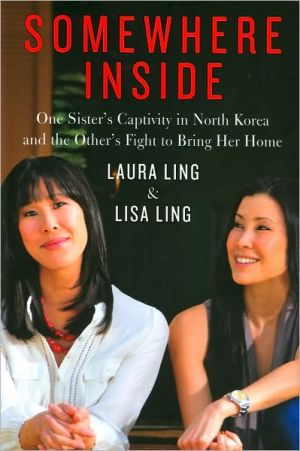Autobiography of a Tibetan Monk
Palden Gyatso was born in a Tibetan village in 1933 and became an ordained Buddhist monk eighteen years later. Through sheer determination, he won a place as a student at Drepung Monastery, one of Tibet's "Three Greats," where he came to spiritual and intellectual maturity. However, Tibet was enduring political changes that would soon alter his life irrevocably. When Communist China invaded Tibet in 1950, it embarked on a program of land reform and "thought reform" that would eventually...
Search in google:
Palden Gyatso was born in a Tibetan village in 1933 and became an ordained Buddhist monk at 18 — just as Tibet was in the midst of political upheaval. When Communist China invaded Tibet in 1950, it embarked on a program of “reform” that would eventually affect all of Tibet’s citizens and nearly decimate its ancient culture. In 1967, the Chinese destroyed monasteries across Tibet and forced thousands of monks into labor camps and prisons. Gyatso spent the next 25 years of his life enduring interrogation and torture simply for the strength of his beliefs. Palden Gyatso’s story bears witness to the resilience of the human spirit, and to the strength of Tibet’s proud civilization, faced with cultural genocide. NY Times Book Review Tibet's suffering exerts a profound claim on the world's compassion....In writing this wrenching memoir of extraordinary suffering, resistance, and endurance, Palden Gyatso has testified not only to the pain of countless individuals but to the devastation of a nation.
List of IllustrationsviForeword by the Dalai LamaviiAcknowledgementsixPoem of DedicationxPrefacexiiiMapsxviiProloguexixOne Beneath a Rainbow3Two Cutting Ties with the World19Three The Revolt34Four The Arrest55Five Flight72Six No Escape under the Blue Sky91Seven The Master Weaver111Eight The Cultural Revolution125Nine Reform through Labour143Ten Death of the Helmsman154Eleven Among the Ruins173Twelve A New Generation of Splittists186Thirteen Confronting the Enemy214
\ NY Times Book ReviewTibet's suffering exerts a profound claim on the world's compassion....In writing this wrenching memoir of extraordinary suffering, resistance, and endurance, Palden Gyatso has testified not only to the pain of countless individuals but to the devastation of a nation.\ \ \ \ \ San Francisco ChronicleHas the ring of undeniable truth....Palden Gyatso's clear-sighted eloquence...makes his tale even more engrossing.\ \ \ Kirkus ReviewsTo readers of this memoir, however untraveled, Tibet will never again seem remote or unfamiliar.\ The author embodies in his personal story the trials of his country under half a century of Communist Chinese rule. In 1992, Gyatso, a Buddhist monk then 59 years old, fled from Tibet to Dharamsala, India, where the exiled Dalai Lama encouraged him to write his autobiography. The chronicle of Gyatso's early adult years provides a window onto the ways of a Tibetan Buddhist monastery; the rest of his memoir, however, is largely about prison life. For after China invaded Tibet in 1950, claiming it for part of the People's Republic, many native monks, deemed politically reactionary, were thrown in jail. Gyatso was arrested in 1960 for refusing to accuse his teacher of spying for India. In prison he endured repeated interrogations, shacklings, and beatings at the hands of his captors. For his ability to bear up with dignity under such conditions, both Gyatso and the Dalai Lama, who wrote this book's foreword, credit his Buddhist training. But Buddhist teachings on meditation, suffering, and compassion are invoked here only tangentially. This is all the more noticeable when Gyatso himself questions the tradition: For example, he wonders why a learned monk of his acquaintance would show fear in the face of death, while a layman untrained in Buddhist philosophy can somehow manage to accept his own execution in peace. Gyatso leaves the question hanging. He refrains from asking Buddhism, which offers so many insights into individual suffering, to explain why whole nations suffer. Nor will readers find sustained reflection on the uses of Buddhist teachings to political resisters. Nevertheless, the writer gives witness to physical and mental anguish, inviting sympathy for the Tibetans while also asking for political intervention on their behalf.\ Gyatso reminds us that the language of suffering is universal.\ \ \
